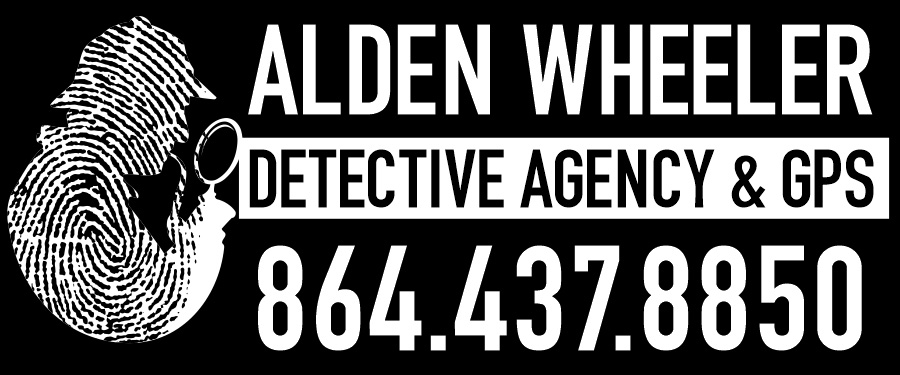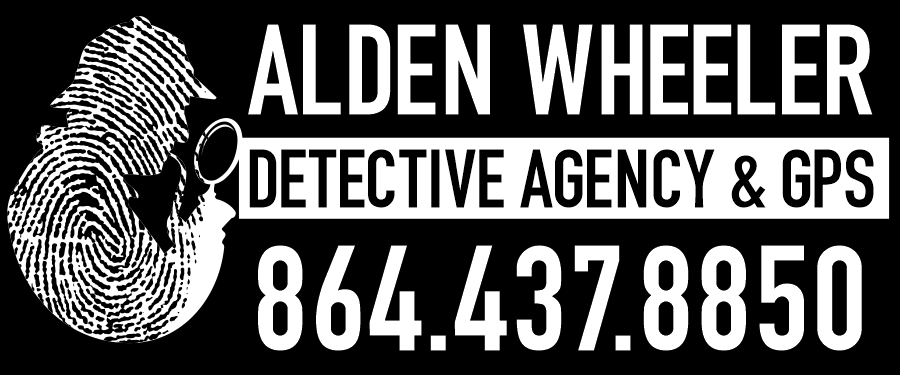Follow Us x
Insurance fraud involves knowingly providing false or misleading information to an insurance company to gain something of value, such as a lower premium or a fraudulent claim payment.
Here's a more detailed explanation:
What it is:
- Deceptive Act: Insurance fraud is a deceptive act committed against an insurance company, often for financial gain.
- False Information: It involves making false or misleading statements, either written or oral, to an insurance company.
Examples:
- Falsely reporting a vehicle as stolen.
- Staging an accident to collect insurance money.
- Exaggerating the amount of loss on a claim.
- Providing false information on an application form to get a lower premium.
- Faking a death to collect on a life insurance policy.
- Misrepresenting the location of a vehicle to obtain lower rates.
- Misclassifying damage to property (e.g., flood damage as wind damage).
- Bid-rigging by contractors, falsely inflating the cost of repairs.
- Contractors require upfront payment for services, then fail to perform the agreed upon repairs.
- Charity fraud scams designed to misappropriate funds donated for disaster relief.
Consequences:
- Insurance fraud can have serious consequences, including:
- Prison time.
- Fines.
- Legal fees.
- Restitution.
- Court costs.
- A felony charge on your record.
- Damaged relationships with friends and family.
AWDA GPS has been doing these cases for over 30 years.


